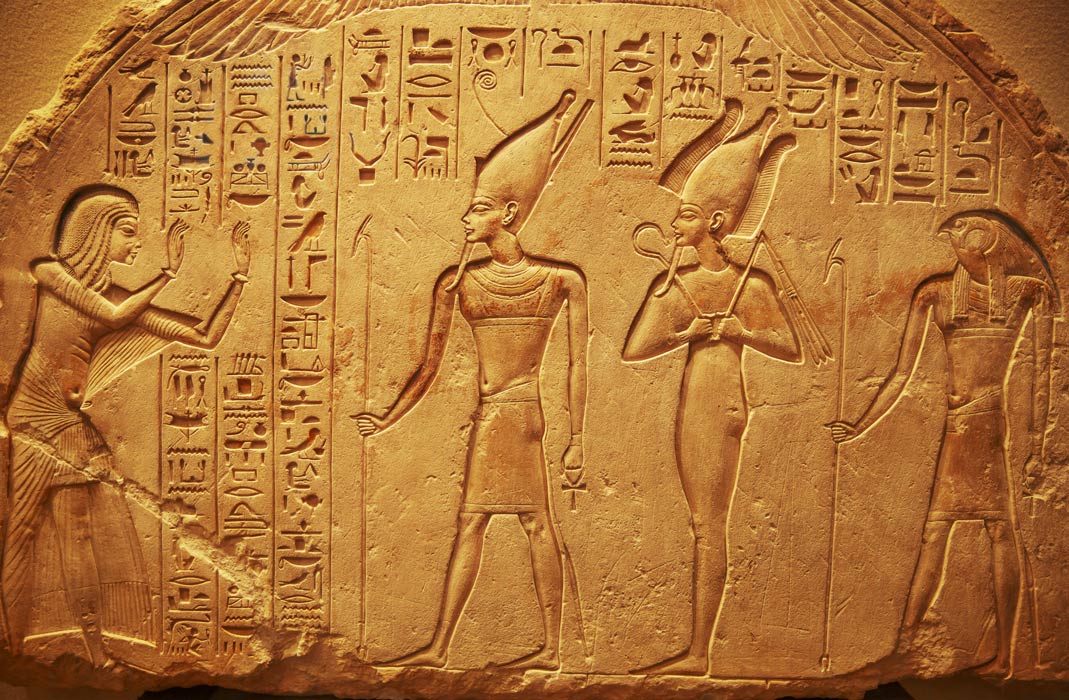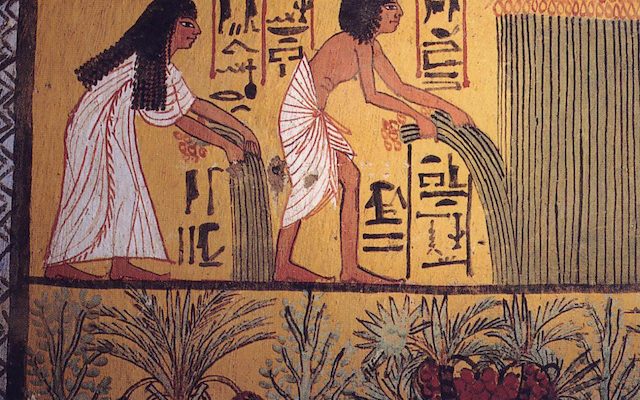One of the delightful consequences of CVOID-19 lockdowns is the pressure for academic gatherings to extend invitations for online attendance. This week, I signed on at midday local time to join an event hosted in the U.K. evening. Four papers were presented and adjudicated for an award. All focused on aspects of violence in biblical texts. This is the first in a short series hosted by the Centre for the Study of Bible and Violence, called In the Cross Hairs: Biblical Violence in Focus, to support emerging scholarship on biblical texts that deal with, or respond to, violence.
The opening paper, entitled ‘As long as (s)he lives’: An application of Webb’s Redemptive Movement Hermeneutic to Deuteronomy 22:28-29, looked at attempts to understand and redeem Deuteronomy 22.28-29, a text that seems to epitomize the saying, “two wrongs don’t make a right.” The presenter’s conclusions, Isaac McNish, an undergraduate at Moorlands College, made for interesting implications of redemption for a biblical text that seems to give a victim over to her abuser.
The biblical text indicates that a female victim of rape must be married by her assaulter as a form of restitution. By digging in a little to understand contemporary cultural norms, it may be possible that this law actually reduced a consequence more widely received in Middle Assyrian law that the assaulter’s wife is also given to be raped as part of the retaliation against the man for his initial rape. The biblical mandate eases this “eye for an eye” that ultimately devastates women in this reading. Instead, it seeks to provide for the victim by demanding marriage and payment, which would raise the victim’s status in an ancient setting. It is hard to understand such a text in a modern setting. Still, McNish’s conclusions recommend a reading that attempts to pass on the “spirit of the text,” that is, the demand for payment and economic support for the victim over the seeming exponential abuse. This Deuteronomy passage, and others like it that deal with the Bible and violence, are difficult to read and can be difficult to talk about. However, as the presenter acknowledged, too many modern readers gloss over a text like this and ignore its implications because of its difficulties. McNish’s research forces a reading of a difficult text and even offers a path toward reconciliation and redemption.
Judges 19 & Victim Blaming
Bekah Legg, a graduate student at Moorlands College, presented the award-winning paper, “Judges 19: Does the Bible Victim Blame the Women With No Name?” She focused on how societal deterioration leads to increasing violence against women in the form of the narrative. This begins with an unequal coupling—the Levite and the “Concubine.” However, at the start of the narrative, the woman asserts herself by acting strongly as her own advocate. She chooses to go to her childhood home, and her husband, the Levite, pursues her. As the story progresses, the position and actions of the woman diminish. The further she strays from her own home, the lower her status until she is no more than a maidservant in the small town where the Levite takes a respite. Finally, the women are given over to violence and rape in a situation where the laws of hospitality should have protected them.
Legg drew attention to the gender roles in the narrative. She stated that ‘patriarchy has superseded the law.’ This devastation leaves the reader with such a horrible feeling as the designated protectors fail in their duty and actively contribute to the violence. The narrative exposes their shame. The folkalization of the Levite’s view of the ‘concubine’ in the narrative forces the reader to see his judgment of her. Legg argues, however, that the text itself blames the men and subverts the patriarchal dominance. Legg’s presentation encourages readers to think about misogyny in religious texts and how modern readers should view that. *Legg’s paper was awarded a scholarship.
Gospel of Mark & Flesh-Eating Worms
The third paper, “Mark 9:48 and the Flesh-Eating Worms of Hell,” was presented by Doctoral Candidate Will Robinson from Australian Catholic University in Melbourne. His paper reviewed various interpretations of the passage in the Gospel of Mark that references apocalyptic flesh-eating worms. While some scholars have read this as an example of a hyperbolic metaphor or metonym, Robinson presented a case for a literal reading. A literal reading describes a scientific reality based on what contemporaries knew of death and how the decay of a human body was ushered in by worms and maggots. Many apocalyptic texts contain worms with morbid characteristics: they are sleepless, eternal, unrighteous, fiery, torturous, and carnivorous. Mark may be describing a scenario of torture, where a living human experiences the decay of death by flesh-eating worms. Robinson’s paper was certainly a morbid topic for a research paper, but it reveals ancient humans’ attitudes about torture and death.
The Magdalene Myth and Purity Culture
The final paper was presented by Siobhán Jolley, a doctoral candidate at the University of Manchester. It was entitled “Asking for it? Lessons from Mary Magdalene in a Culture of Sexual Violence.” Jolley’s paper explored negative attitudes toward female sexuality in the Magdalene Myth. In my opinion, this paper should have won the award. It was original and very well presented. Jolley dealt with a complex topic and focused on a clear aspect of purity culture, tracing its origins from the New Testament Gospels into Modern Christianity. I have spent a bit more space developing notes and a response to this topic, so it has been posted on its own. You can find it here: The Magdalene Myth & Purity Culture.
I was very grateful to have both the time and opportunity to participate as a viewer for this symposium. The Centre for Bible and Violence is a strong research organization that is quickly gaining momentum in the academic world of Biblical Studies.
About this event
The Centre for the Study of Bible and Violence (CSBV) is based in Bristol, UK. This is the first year of online conferences. Read about #CSBV presentations. Also, read about other academic conferences.

Dr. Erica Mongé-Greer, holding a PhD in Divinity from the University of Aberdeen, is a distinguished researcher and educator specializing in Biblical Ethics, Mythopoeia, and Resistance Theory. Her work focuses on justice in ancient religious texts, notably reinterpreting Psalm 82’s ethics in the Hebrew Bible, with her findings currently under peer review.
In addition to her academic research, Dr. Mongé-Greer is an experienced University instructor, having taught various biblical studies courses. Her teaching philosophy integrates theoretical discussions with practical insights, promoting an inclusive and dynamic learning environment.
Her ongoing projects include a book on religious themes in the series Battlestar Galactica and further research in biblical ethics, showcasing her dedication to interdisciplinary studies that blend religion with contemporary issues.




